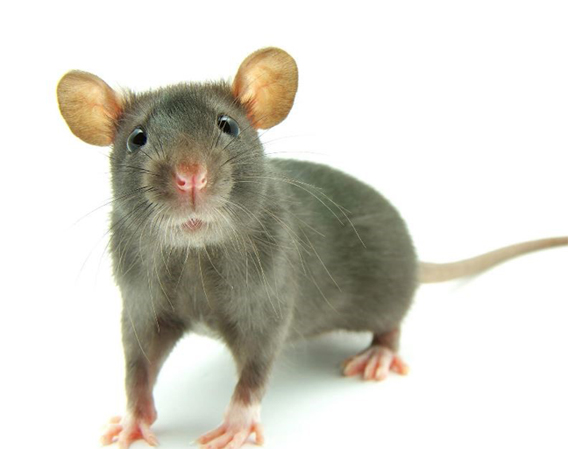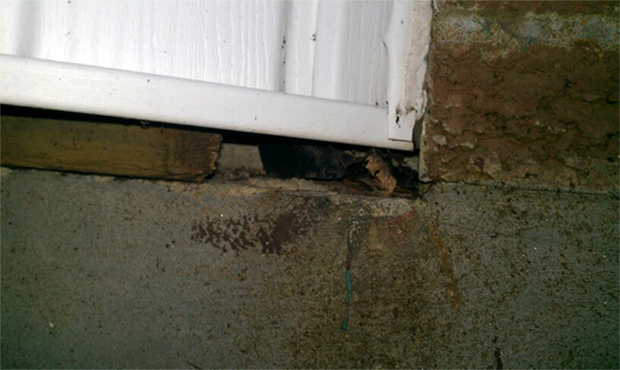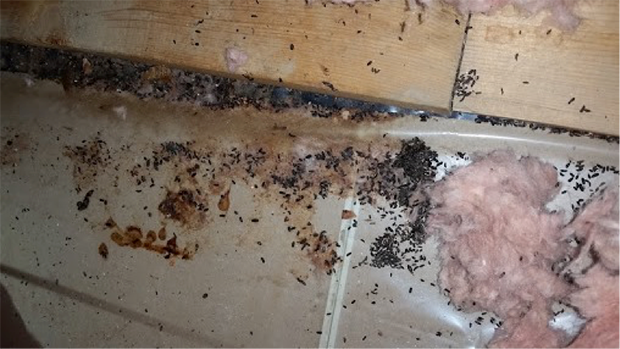
Mice can do a lot of damage to a garden including eating bulbs, gnawing bark, crippling roots, nibbling stems, and creating pathways in the lawn. Mice are also a concern due to the diseases they can carry.
Mice are most often spotted at night or early morning but are sometimes out in the daytime. They build nests of grass and other material in hidden spaces.
The key to controlling mice in your garden is a combination of sanitation, population reduction and exclusion. You must take charge of your rodent situation before the critters get the chance to make a home and become well-established. Because mice can reproduce once every 21 days, you need to move quickly.
Here are some ways to keep mice out of your garden:
- Feed outdoor pets in the morning and pick up their dishes as soon as they’re finished eating. Don’t leave pet food sitting outside after dark.
- Bring water dishes indoors at night to deprive mice of readily available moisture sources.
- Move bird feeders and baths as far from the gardening area as possible.
- Repair any outdoor hose, sprinkler or spigot leaks.
- Store seeds and other potential food sources in metal containers.
- In the garden, avoid using straw or any fluffy mulch that provides nesting places.
- To protect bulbs, cage them or surround the bulb with crushed gravel in the planting hole.
- Reduce nesting sites by relocating stacks of bricks, stones, and firewood as far from the gardening areas as possible.
- Cut down overgrown areas and trim shrubs and tree limbs well away from ground level. Haul off piles of plant debris as well as any trash or garbage immediately.
- Mow the lawn often to keep grass as short as possible since mice avoid open areas where they can easily become lunch for predators.
- Install plants that many gardeners believe mice avoid. Bulbs include daffodils and grape hyacinths. Add some strong-smelling plants such as camphor, alliums, euphorbias, garlic, lavender and mint.
- Create hardware cloth cylinders to protect individual plants. Wrap tree trunks with the material to prevent gnawing.
If you have mice in your garden, you can be sure that they will try to make their way into your home, especially when the weather gets cooler. Mice can squeeze through an opening the size of ¼ inch. The outside of your house needs to be completely sealed so the mice do not gain access to the interior of your home.

This bay window sits above the concrete foundation allowing mice to squeeze into the gap
It is recommended that homeowners call specialists who deal in wildlife exclusion, as they will be able to find and identify mice entry areas with more precision than someone with an untrained eye.
At Skedaddle Humane Wildlife Control, we solve mouse problems humanely through exclusion, not traps or poison. Our work starts with a 30-50 point home inspection, to identify possible entry areas. All access areas are sealed, and one way doors are utilized so that the mice may leave, but they cannot get back in. All our workmanship comes with a lifetime guarantee.
Mice can be very destructive, chewing on wood, wires and damaging and contaminating insulation with their urine and feces. As mentioned above, mice reproduce quickly, and have large litters, so being proactive after identifying a mouse problem is very important. It is also important to get rid of mice in your home, as mice can carry salmonella, hantavirus, leptospirosis, rat-bite fever and the plague.

Mouse droppings in attic insulation
If you see one mouse, that undoubtedly means there are more. Do the humane thing, and solve your mice problem for life.
Call Skedaddle Humane Wildlife Control today. 1.877.222.9453.
Proudly serving: Milton, Oakville, Burlington, Hamilton, Niagara Falls, Kitchener, Cambridge, Sudbury, Ottawa, Montreal, Halifax, Waterloo, Guelph, St. Catharines, Mississauga


